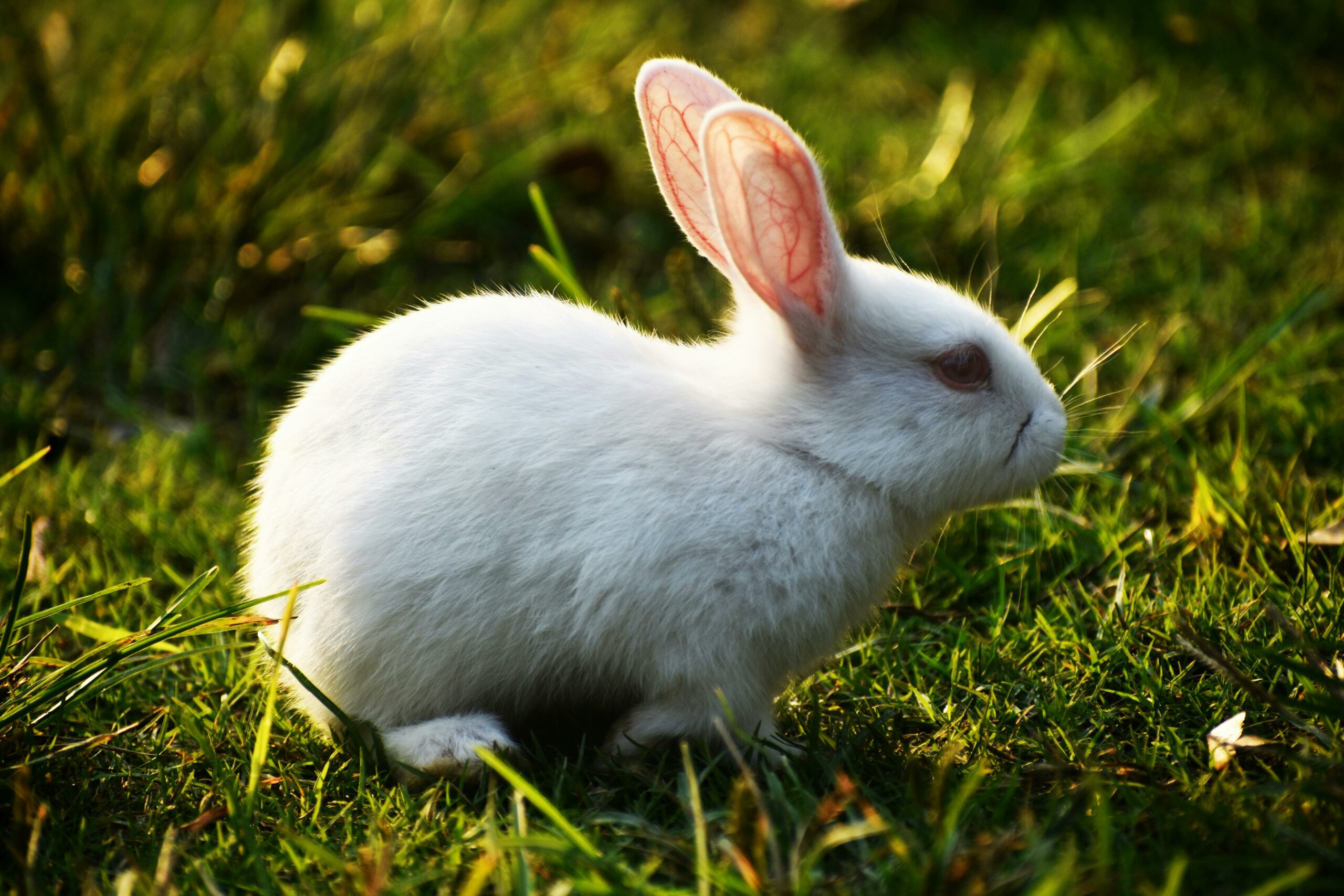In a world brimming with symbols and archetypes, dreams frequently weave intricate tapestries that reflect our subconscious thoughts and emotions. Among these enigmatic symbols, the White Rabbit holds a significant place. Evoking expectations of the future, this ethereal creature invites us to delve into the multifaceted meanings it embodies across various cultural, spiritual, and psychological spectrums. By deciphering the dream meaning of the White Rabbit, we can glean profound insights that might guide our waking lives.
First, let us explore the origins of the White Rabbit motif, notably influenced by Lewis Carroll’s literary creation, “Alice’s Adventures in Wonderland.” The White Rabbit is emblematic of curiosity and the relentless pursuit of knowledge. When one dreams of this elusive creature, it often underscores a yearning for exploration, heralding unexpected opportunities for personal growth and development. It compels the dreamer to reflect on their aspirations and the paths they are yet to tread.
In the realm of symbolism, the White Rabbit transcends mere representation. It signifies a bridge between the conscious mind and the ethereal realms of intuition. Its appearance in dreams may indicate that the dreamer should pay heed to their inner voice, urging them to embrace their instincts. The color white itself suggests purity, innocence, and potential, while the rabbit as an animal frequently embodies fertility and abundance. Therefore, the dream of a White Rabbit can be seen as an auspicious omen, heralding new beginnings and the blossoming of fresh ideas.
Examining the spiritual implications, the White Rabbit resonates with various religious traditions. In Christianity, the rabbit is often associated with resurrection, linked to the theme of rebirth embodied by spring and Easter’s emblematic figures. When the White Rabbit appears in dreams, it may signify spiritual awakening or a call to deepen one’s faith. It invites the dreamer to reassess their spiritual journey and perhaps embrace a new approach to their beliefs.
In Islamic tradition, rabbits have a dualistic nature. They are viewed as both symbols of meekness and markers of divine creation. If one dreams of a White Rabbit in an Islamic context, it may evoke themes of submission to Allah’s will or signify the quest for truth and clarity in one’s life. It suggests the importance of ethical conduct and a reminder to stay grounded in faith amidst life’s vicissitudes.
Beyond these religious interpretations, the White Rabbit’s symbolism can also transcend cultural boundaries. In various indigenous cultures, the rabbit represents adaptability and survival. Consequently, a dream involving this creature might reflect one’s ability to navigate challenges and embrace change. This connotes resilience, urging the dreamer to trust in their capacity to flourish amidst uncertainty and adversity.
Delving into the psychological realm, the dream of a White Rabbit can exemplify the human mind’s intricate workings. Often representing aspects of the self that are dormant or underexplored, the rabbit can signify suppressed emotions or hidden talents yearning for recognition. Carl Jung’s analytical psychology posits that such symbols reveal parts of our personality that require integration. The appearance of the White Rabbit may invite the dreamer to confront these neglected aspects, allowing for healing and personal evolution.
Moreover, in psychoanalysis, the rabbit may be perceived as a manifestation of anxiety regarding future uncertainties. The frenetic pace often associated with rabbits connotes the urgency and restlessness that can accompany such feelings. Therefore, acknowledging the presence of the White Rabbit in a dream may suggest an awareness of one’s anxieties and the necessity to confront them. By doing so, one can cultivate a more profound sense of calm and clarity, facilitating a journey toward emotional balance.
Interestingly, dreams featuring the White Rabbit often elicit a sense of being ‘late,’ akin to the characterization in Carroll’s tale. This may resonate with personal experiences of inadequacy or the fear of missing out. Such emotions may surface during transitional phases in life, where individuals question their trajectory and life choices. The moral here extends beyond the dream realm: it advocates for a mindful approach to life, encouraging awareness and presence over the relentless pursuit of goals.
Furthermore, the White Rabbit has been embraced as a modern metaphor within wellness narratives, championing mental health awareness and the importance of nurturing one’s mental well-being. In contemporary dream analysis, it serves as a reminder to prioritize self-care and introspection. The message is clear: by understanding dream narratives, individuals can navigate the complexities of their emotions, paving the way for enhanced insight and emotional well-being.
In summary, the dream meaning of the White Rabbit is profoundly layered, interlacing themes of curiosity, spirituality, and psychological introspection. Its symbolism transcends cultural boundaries, inviting individuals to explore their inner landscapes, spiritual journeys, and emotional health. When one encounters this luminous creature in their dreams, it presents an opportunity for reflection on the pathways of the future, illuminating the potential for growth and transformation. Engaging with these meanings can empower dreamers to embrace their aspirations, confront their fears, and navigate the intricate labyrinth of life with renewed vigor and insight.
